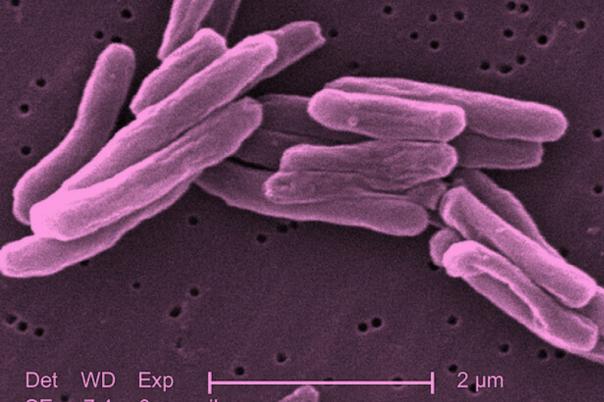In this presentation, the Mara Pavel-Dinu presents research on the role of human genome editing machinery in the adaptive immune system and the implications of genetic lesions that disrupt this function. The talk highlights the clinical manifestations of diseases arising from these genetic defects and discusses the application of genome editing technology as a potential corrective measure.
Overview of Human Genome Editing
Prokaryotes and eukaryotes fend off foreign invaders using mutagenic nucleic acids. In prokaryotes, this includes the integration of viral DNA into their genome, while in eukaryotes, specific nucleases like RAG proteins and AID deaminases broaden antigen specificity in lymphoid cells.
T lymphocytes are derived from hematopoietic stem cells and undergo maturation in the thymus. This process involves V(D)J recombination, which is facilitated by RAG proteins that brings together DNA sequences to form diverse T cell receptors. The presence of TREC (T cell receptor excision circles) is used as a marker for assessing immune system health in newborns.
Genetic Lesions and Immune Deficiencies
Pavel-Dinu outlined the impact of genetic lesions in the RAG proteins, which lead to various inborn errors of immunity characterised by the absence of T cells and variable development of B and NK cells. RAG deficiency is a rare condition, with a prevalence of 1 in 250,000 in the United States, but higher rates in regions with consanguineous marriages.
Different clinical phenotypes associated with RAG deficiency are discussed, including severe combined immunodeficiency (SCID) and Omenn syndrome, which present with life-threatening infections and autoimmune issues. As a result, hematopoietic stem cell transplantation is the primary treatment option for affected patients.
Genome Editing Approaches
Genome editing is one proposed approach to correct genetic defects. Pavel-Dinu discusses the evolution of gene therapy from lentivirus-based methods to modern genome editing technologies like CRISPR. The advantages of targeted gene therapy include the ability to correct specific genomic defects without affecting the entire genome.
Further Research
The research team's efforts focus on developing a universal correction strategy for RAG deficiency by introducing codon-optimized cDNA to address various mutations. Initial findings show promising results in vitro and in vivo, demonstrating the potential for correcting T and B cell developmental blocks. The presentation concludes with a call for continued research into rare immune diseases, which may provide insights into broader therapeutic approaches for more complex conditions.




